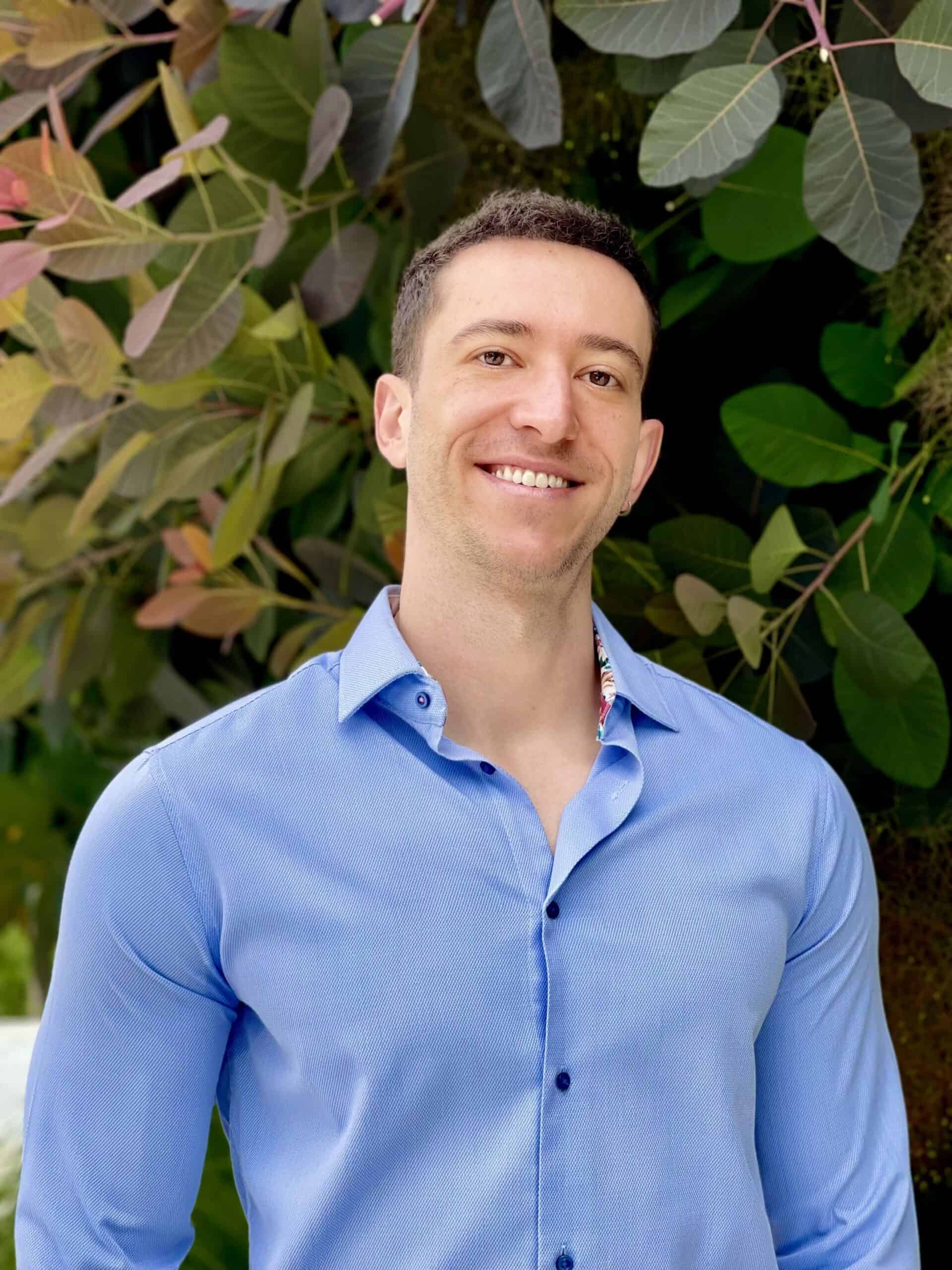Our skin serves as a protective barrier against various threats like injuries and infections. For it to heal and remain healthy, specialized cells called epithelial stem cells (EpSCs) must balance growth while maintaining this barrier. Unfortunately, cancer can hijack these cells, using their growth imbalance to form tumors. This happens especially in types of cancer called squamous cell carcinomas (SCCs), which are common, dangerous, and hard to treat. Inflammation, as seen in conditions like eczema, can heighten the risk of SCC. Recently, Rodrigues’ host laboratory discovered that EpSCs in our skin can remember previous experiences to wounds or infections that happened months, even years ago, enabling faster healing responses to subsequent assaults.
While this swift response is beneficial for tissue repair, it also increases skin sensitivity to future challenges. The long-term effects of inflammatory memories on cancer susceptibility remain poorly understood. Here, Dr. Rodrigues plans to study this process in mice by using special techniques to make skin cells both cancerous and able to either remember past inflammation or experience new inflammatory assaults. Dr. Rodrigues will unravel not only the impact of these inflammatory experiences but also the molecular mechanisms involved. If successful, his research could lead to new insights into how inflammation impacts the way cancer forms, how it progresses, and how we might better treat it. This is especially important for SCC patients, who urgently need better treatment options. By understanding how inflammation and cancer are linked, we can develop new ways to fight this disease.
Projects and Grants
Molecular insights into the role of inflammatory experiences on tumorigenesis
The Rockefeller University | Skin Cancer | 2024 | Elaine Fuchs, PhD

